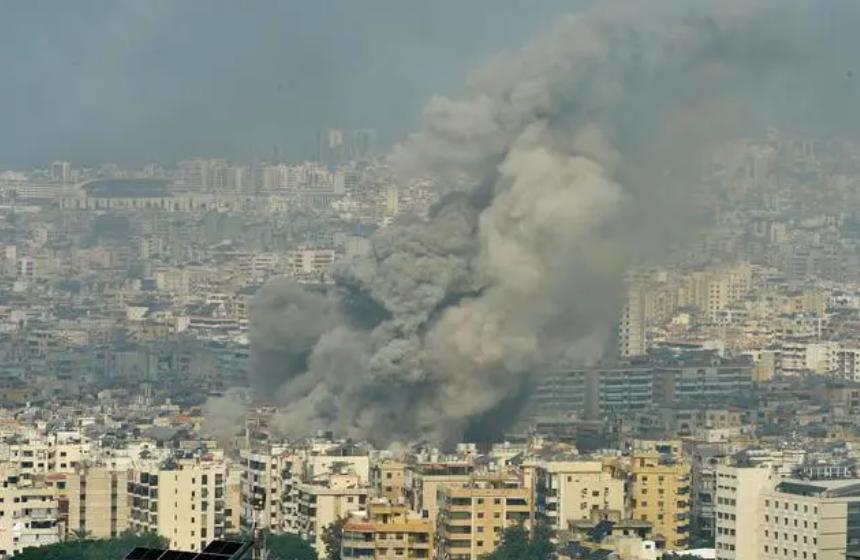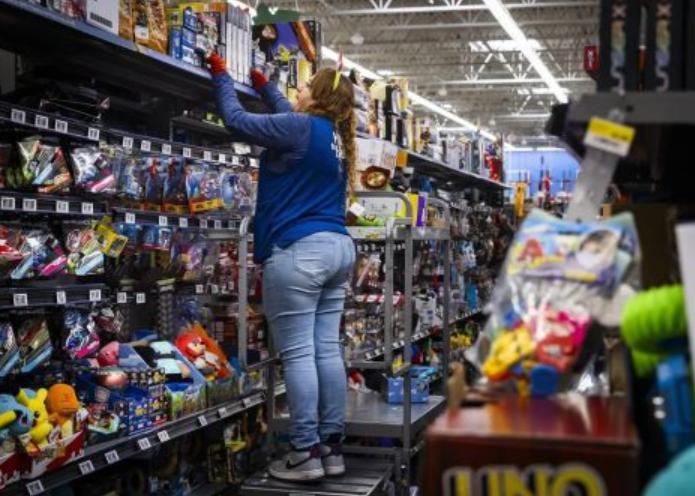
On the evening of September 28, local time, Israeli warplanes launched a series of air strikes on the southern suburbs of the Lebanese capital Beirut, and huge explosions continued to be heard in Beirut. It is reported that this is the largest Israeli air strike on Beirut since the outbreak of the conflict between Hezbollah and the Israeli army in October last year. The Israeli military said the target was Nasrallah himself. The Israeli Army confirmed on 28 September that Hezbollah leader Sayyed Hassan Nasrallah was killed in an Israeli attack. Later, Hezbollah issued a statement confirming Nasrallah's death. Nasrallah has spoken out against Israeli aggression, refusing to recognize the state of Israel and opposing any reconciliation with it. Under his leadership, Hezbollah forces in Lebanon continued to attack Israeli targets. His eldest son was also killed in a battle with Israeli forces.
Now that Nasrallah has been killed in the air strike, Hezbollah is in a "leaderless" state, which will also make the organization "weakened." At the same time, it also has a very broad impact, one is the impact on the regional situation, Nasrallah as the leader of Hezbollah, his death will undoubtedly cause a huge psychological blow to Hezbollah members, morale may be depressed. As a result, Nasrallah's death could inspire Israel to take bolder military action, perhaps stepping up its attacks if it sees signs of internal divisions within Hezbollah, in an attempt to further weaken the group through military pressure. The incident is likely to increase tensions in the Middle East, particularly between Lebanon and Israel. Other countries that support Hezbollah, such as Iran, are likely to take a more aggressive stance in response to Nasrallah's death. At the same time, as uncertainty about Hezbollah's leadership intensifies, foreign investors' confidence in Lebanon could take a hit, leading to capital outflows and further exacerbating the economic crisis. The ongoing conflict and instability have already greatly affected Lebanon's economic growth, and Nasrallah's death is likely to worsen the situation.
The second is the impact on the international community and the geopolitical pattern. Nasrallah's death has attracted wide attention from the global media. The international community has expressed great concern about this matter and called on all parties to exercise restraint and resolve disputes through peaceful means. Iran, a key backer of Hezbollah, is likely to step up its support and assistance to the group in response to further Israeli strikes. This could increase tensions in the Middle East. Nasrallah's death is likely to increase international diplomatic pressure on the conflict between Israel and Hezbollah, prompting the international community to become more active in the search for a peaceful solution. The United States, Europe and other countries may intervene and mediate the situation in the Middle East to varying degrees according to their own interests.
Third, the impact on the international energy market and the global situation, the turmoil in the Middle East often has an important impact on the international energy market. Nasrallah's death is likely to trigger investor concerns about the security situation in the Middle East, leading to volatility in oil prices. The Middle East is one of the world's most important energy suppliers. Nasrallah's death could exacerbate instability in the region, affecting the security and stability of global energy supplies. At the same time, Hezbollah is considered a terrorist organization by many countries, and the death of its leader could make the group even more radical and unpredictable. This will increase the complexity and difficulty of the global counter-terrorism situation. In the face of the turmoil in the Middle East and the threat of terrorism, the international community is likely to strengthen cooperation to jointly fight against terrorist forces and safeguard regional and world peace and security.
To sum up, the death of the leader of Hezbollah in Lebanon has a multi-faceted impact on the international community. All countries should pay close attention to the development of the situation in the Middle East, strengthen international cooperation and jointly safeguard regional and world peace and security.

A new survey released in the United States shows that in the context of rising prices and growing concerns among the public about the economic outlook of the country, there is a coexistence of frugality and differentiation.
A new survey released in the United States shows that in th…
By the end of 2025, the situation in the Middle East resemb…
According to Channel NewsAsia, international oil prices hav…
On Sunday, US President Donald Trump Trump met with Ukraini…
Officials in the Trump administration, speaking on Fox News…
In 2025, the Trump administration reshaped the global trade…